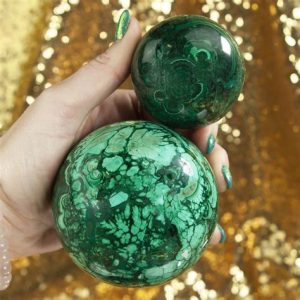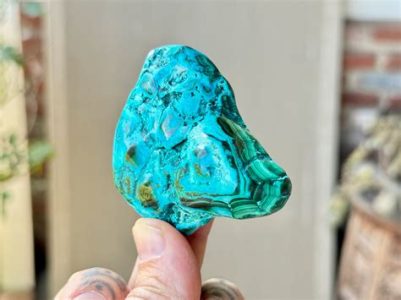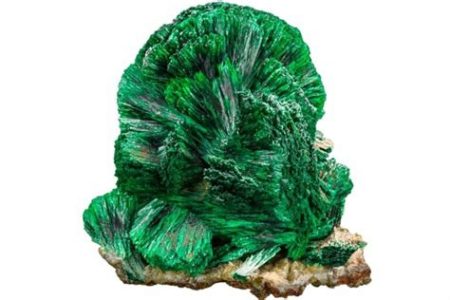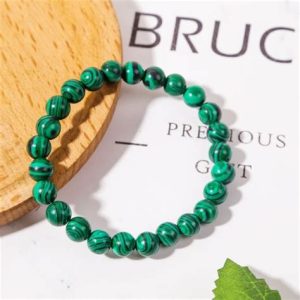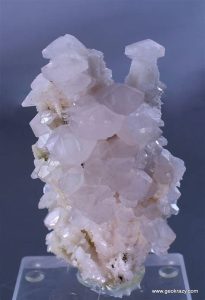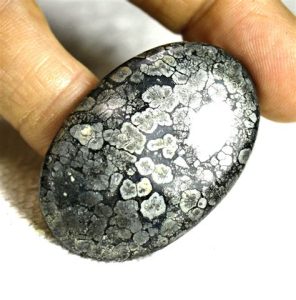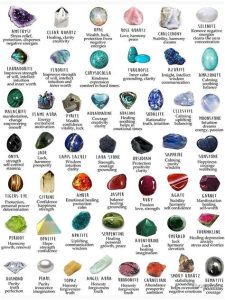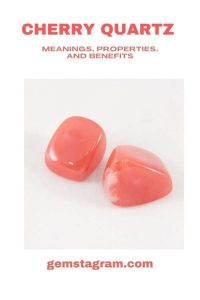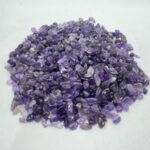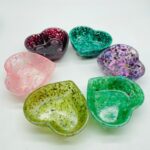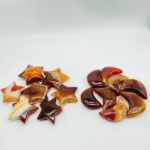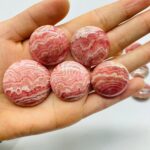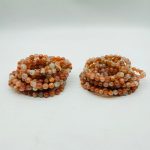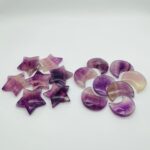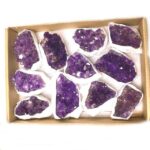Precious stones have captivated humans for centuries with their beauty, rarity, and durability. Among the most coveted are purple precious stones, which range in hue from pale lavender to deep violet. These gems are not only visually stunning but also hold historical and cultural significance.
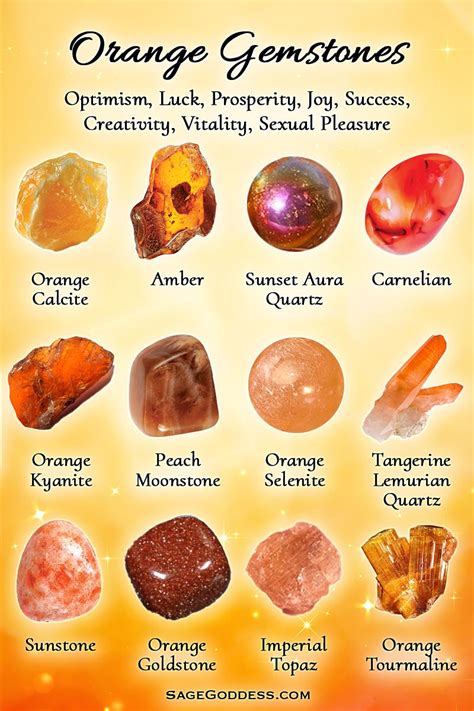
1. Amethyst: The Royal Purple Stone
Amethyst, a variety of quartz, is the most well-known purple precious stone. Its name comes from the Greek word “amethystos,” meaning “not drunk.” Ancient Greeks believed that wearing amethyst prevented intoxication and promoted mental clarity. This gem is known for its rich purple color, which can vary in intensity from pale to deep.
2. Tanzanite: The Rare Gem of Kilimanjaro
Tanzanite, a type of zoisite, is a relatively new discovery, having been found in Tanzania in the 1960s. It is known for its intense violet-blue color, which is caused by the presence of vanadium. Tanzanite is extremely rare, with only a few known deposits in the world.
3. Iolite: The Stone of Vikings
Iolite, also known as dichroite or water sapphire, is a gemstone that exhibits a unique color-changing property. It appears blue when viewed parallel to the crystal’s length and yellow-brown when viewed perpendicularly. Vikings used iolite as a polarizing filter to navigate the sun during cloudy days.
4. Charoite: The Russian Beauty
Charoite is a rare gemstone found only in the Siberian region of Russia. It is known for its distinctive purple, swirling patterns and silky luster. Charoite is a relativamente soft stone, so it requires special care and attention when working with it.
5. Sugilite: The Purple Gem of Love
Sugilite, a relatively rare gemstone, is found in Japan, South Africa, and Canada. It is known for its deep purple color, which is caused by the presence of manganese. Sugilite is believed to promote love, tranquility, and spiritual growth.
Purple Precious Stones: A Comparison
| Gemstone | Color | Hardness | Rarity | Price |
|---|---|---|---|---|
| Amethyst | Purple, lavender | 7 | Common | Affordable |
| Tanzanite | Violet-blue | 6.5 | Rare | Expensive |
| Iolite | Blue, yellow-brown | 7 | Moderate | Affordable |
| Charoite | Purple, swirling | 5.5 | Rare | Expensive |
| Sugilite | Deep purple | 6 | Rare | Expensive |
Applications of Purple Precious Stones
Purple precious stones are highly valued in jewelry, where they are used to create stunning necklaces, earrings, bracelets, and rings. Their beauty and versatility make them a popular choice for both everyday wear and special occasions.
Why Purple Precious Stones Matter
Purple precious stones have been used for centuries in various cultures for their perceived healing properties. Amethyst, for example, is believed to promote mental clarity and peace, while tanzanite is thought to enhance spiritual awareness. These gems are also considered symbols of love, wealth, and power.
Benefits of Wearing Purple Precious Stones
Wearing purple precious stones is believed to bring numerous benefits, including:
- Improved mental clarity
- Reduced stress and anxiety
- Enhanced creativity
- Increased self-esteem
- Protection from negative energy
FAQs About Purple Precious Stones
- What is the most expensive purple precious stone? Tanzanite
- What is the most common purple precious stone? Amethyst
- What is the hardest purple precious stone? Amethyst and Iolite
- What is the rarest purple precious stone? Sugilite
- Are purple precious stones durable? Yes, most purple precious stones are durable enough for everyday wear.
- How should I care for purple precious stones? Clean them with a soft brush and mild soap, and avoid exposing them to extreme heat or chemicals.
Conclusion
Purple precious stones are captivating gems that have been treasured throughout history for their beauty, rarity, and perceived healing properties. Whether you are looking for a stunning piece of jewelry or a talisman to enhance your well-being, purple precious stones are sure to captivate and inspire you.

